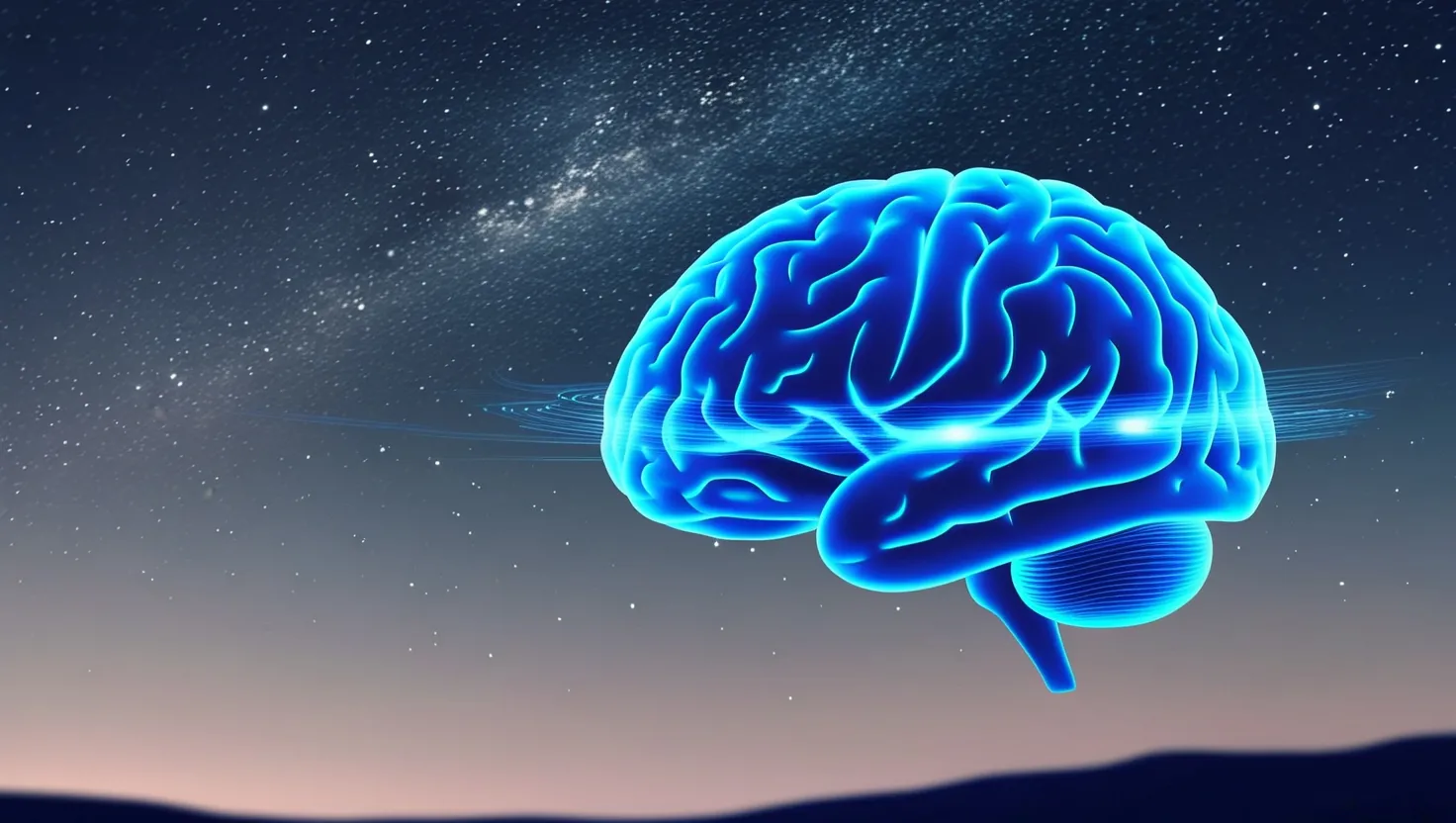Sleep science has made remarkable strides in recent years, shedding light on the intricate processes that occur while we slumber. Let’s explore six groundbreaking discoveries that have reshaped our understanding of sleep and its profound impact on our health and well-being.
Our brains engage in a fascinating cleanup process during sleep, akin to a nightly rinse cycle. Researchers have uncovered a system called the glymphatic system, which acts as the brain’s waste removal mechanism. This system becomes particularly active when we’re asleep, flushing out toxic proteins and metabolic byproducts that accumulate throughout the day.
However, recent findings have sparked debate in the scientific community. A 2024 study challenged the prevailing notion that waste clearance is more efficient during sleep. The research suggested that the brain might actually clear less waste during sleep and under anesthesia compared to other states. This contradicts earlier beliefs and has ignited fresh discussions among neuroscientists.
What’s your take on this? Do you think our understanding of brain waste clearance during sleep might change in the coming years?
Moving on to emotional processing, sleep plays a crucial role in how we regulate and consolidate our emotions. During rapid eye movement (REM) sleep, our brains process and integrate emotional experiences from the day. This helps us maintain emotional equilibrium and cope with stressful events.
Studies have shown that sleep deprivation can lead to increased emotional reactivity and decreased ability to regulate emotions. This explains why we often feel irritable or emotionally volatile after a poor night’s sleep.
“Sleep is that golden chain that ties health and our bodies together.” - Thomas Dekker
Genetic factors controlling sleep patterns have also come under scrutiny. Scientists have identified specific genes that influence our circadian rhythms, sleep duration, and susceptibility to sleep disorders. For instance, the discovery of the “short sleep gene” DEC2 has provided insights into why some individuals naturally require less sleep than others.
These genetic findings have potential implications for personalized sleep medicine. In the future, we might be able to tailor sleep interventions based on an individual’s genetic profile. Imagine a world where your doctor could prescribe a sleep regimen perfectly suited to your genetic makeup. How do you think this could change our approach to sleep health?
The architecture of sleep - the specific stages and cycles we go through each night - has been linked to cognitive function in fascinating ways. Slow-wave sleep, also known as deep sleep, is particularly important for memory consolidation and learning.
Recent research has shown that the quality of slow-wave sleep declines with age, which may contribute to age-related cognitive decline. This has led to increased interest in developing interventions to enhance slow-wave sleep in older adults.
One promising area of research involves electrical brain stimulation. Scientists have been experimenting with non-invasive techniques like transcranial direct current stimulation (tDCS) to improve sleep quality and treat sleep disorders. Early results suggest that these methods could potentially enhance slow-wave sleep and improve cognitive performance.
“Sleep is the best meditation.” - Dalai Lama
However, it’s important to note that while these technologies show promise, they’re still in the experimental stages. More research is needed to fully understand their long-term effects and optimal use.
Lastly, the impact of circadian rhythm disruption has gained significant attention. Our modern lifestyles, with their constant exposure to artificial light and irregular sleep schedules, can wreak havoc on our internal body clocks.
Studies have linked circadian rhythm disruption to a range of health issues, including obesity, diabetes, and even certain types of cancer. This has led to increased interest in “chronomedicine” - the practice of timing medical treatments to align with our body’s natural rhythms.
For instance, research has shown that the effectiveness of some cancer treatments can vary depending on the time of day they’re administered. This opens up exciting possibilities for improving treatment outcomes by simply adjusting the timing of interventions.
As we reflect on these breakthroughs, it’s clear that sleep science is a rapidly evolving field with far-reaching implications for our health and well-being. From the intricate processes of brain waste clearance to the genetic factors influencing our sleep patterns, each discovery brings us closer to understanding the full complexity of sleep.
Yet, with each answer comes new questions. How can we apply these findings to improve sleep quality on a societal level? What role will technology play in the future of sleep medicine? And how might our understanding of sleep change as we continue to explore the frontiers of neuroscience?
“Sleep is the golden chain that binds health and our bodies together.” - Thomas Dekker
As we look to the future, it’s exciting to imagine how these breakthroughs might translate into practical applications. Perhaps we’ll see the development of more effective treatments for sleep disorders, or new strategies for optimizing cognitive performance through better sleep. Maybe we’ll even find ways to harness the power of sleep to prevent or treat neurodegenerative diseases.
One thing is certain: the importance of quality sleep cannot be overstated. As we continue to uncover its mysteries, we’re reminded of the profound impact that those nightly hours of rest have on every aspect of our lives. From emotional regulation to cognitive function, from waste clearance to gene expression, sleep touches every corner of our physical and mental well-being.
So, the next time you lay your head on the pillow, take a moment to appreciate the complex symphony of processes about to unfold in your brain. And remember, in the quest for better health and well-being, sometimes the most powerful tool at our disposal is a good night’s sleep.
What steps will you take to prioritize your sleep health in light of these scientific breakthroughs?






